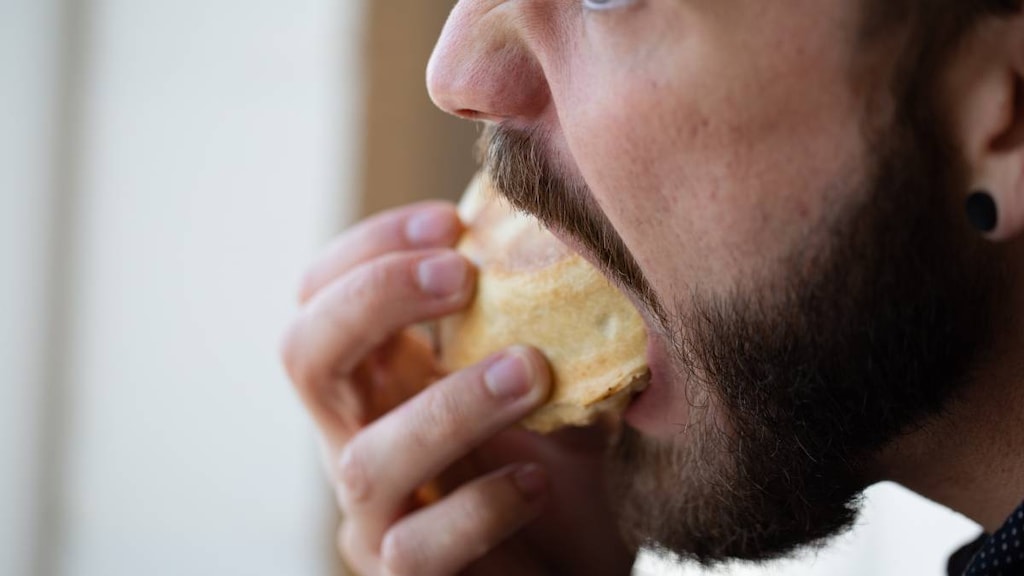
What is binge eating disorder (BED)?
Binge eating disorder (BED) is the repeated consumption of exceptionally large amounts of food in a very short time.
BED is more than just occasional overeating. People with BED repeatedly consume large amounts of food and have a sense of lack of control over what and how much they eat.
They eat rapidly until they are uncomfortably full even when they don't feel hungry, and then feel ashamed, guilty, or embarrassed about how much they have eaten. BED is the most common type of eating disorder in the United States.
What causes binge eating disorder (BED)?
Experts do not fully understand what causes Binge Eating Disorder (BED) but suggest a combination of genetics and the environment are involved. Research has shown that in vulnerable individuals an eating disorder is usually triggered by a period of inadequate nutrition, which may be because of dieting, illness, certain medications, sports training or trauma.
Our society places a high value on appearance including the admiration of extreme thinness, which has resulted in dieting being a normalized behavior. Many people with BED were teased about their size while growing up, and personality traits such as always feeling the need to please others or shunning conflict are common among BED sufferers. People with BED are often perfectionists and may have difficulty expressing their feelings or needs.
What are the signs of binge eating disorder (BED)?
Signs of Binge Eating Disorder (BED) typically include:
- Repeated consumption of exceptionally large amounts of food over a very short time
- A sense of lack of control over what and how much you eat
- Eating rapidly until you are uncomfortably full even when you don't feel hungry
- Feeling ashamed, guilty or embarrassed over how much you have eaten
- Secretive food eating (such as purposely eating alone or in the car so others don't notice)
- Hoarding or hiding food
- Eating throughout the day with no planned mealtimes
- Developing food rituals (such as separating foods into different colors or types)
- Repetitive dieting without losing any weight
- Scheduling your lifestyle around binge sessions
- Feeling isolated because of your eating habits
Friends or family may notice:
- The disappearance of large amounts of food over short periods of time
- The appearance of significant numbers of empty wrappers or containers, sometimes in odd, hidden places
Although up to two-thirds of people with BED are obese, not everybody with the disorder is overweight.
How is binge eating disorder (BED) diagnosed?
If you feel like your eating is out of control, see a doctor.
To be diagnosed as BED, binge eating must take place at least once a week for three months and not be associated with any compensatory activity such as purging. Binge eating followed by purging is more likely to be diagnosed as bulimia nervosa.
How is binge eating disorder (BED) treated?
BED is frequently misunderstood, and sufferers can feel stigmatized. This often stops people with the disorder accessing the right treatment and support necessary for their recovery.
BED can be effectively treated, and treatments may include:
- Support from the National Eating Disorders Association (NEDA) (1-800-931-2237)
- Cognitive-behavioral therapy (CBT)
- Lisdexamfetamine
- Second-generation antidepressants (eg, fluoxetine, sertraline)
- Bupropion
- Interpersonal therapy (IPT)
- Dialectical behavioral therapy (DBT)




